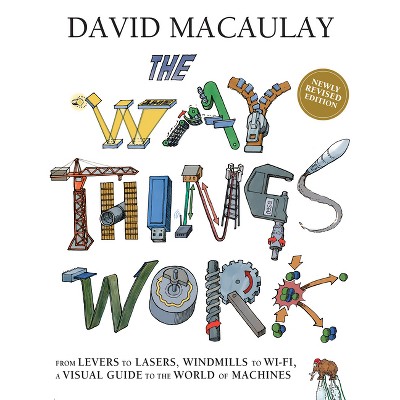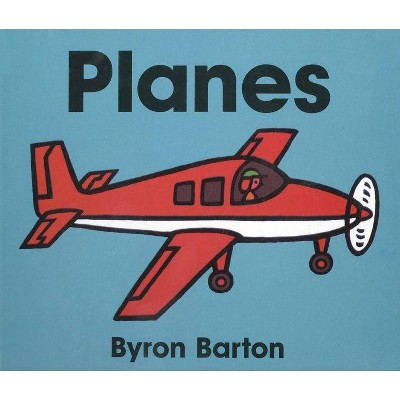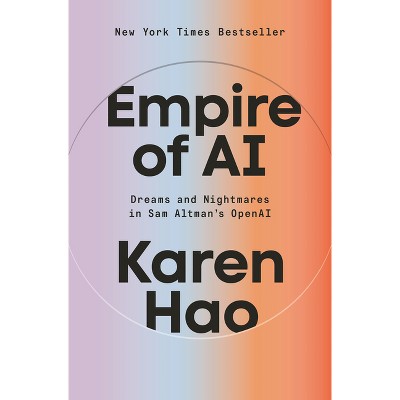Sponsored

Soft Robotics - (De Gruyter Textbook) by Mihai Duduta (Paperback)
In Stock
Sponsored
About this item
Highlights
- Soft Robotics is a growing field in Robotics that spans disciplines to solve challenges in unique environments, such as operation near the human body.
- About the Author: Mihai "Mishu" Duduta is an assistant professor in the School of Mechanical, Aerospace, and Manufacturing Engineering at the University of Connecticut.
- 158 Pages
- Technology, Materials Science
- Series Name: de Gruyter Textbook
Description
About the Book
Soft Robotics is a growing field in Robotics that spans disciplines to solve challenges in unique environments, such as operation near the human body. The book takes a practical approach to teaching soft robotics by introducing fundamental conceptsBook Synopsis
Soft Robotics is a growing field in Robotics that spans disciplines to solve challenges in unique environments, such as operation near the human body. The book takes a practical approach to teaching soft robotics by introducing fundamental concepts and experimental guides for a learn-by-doing approach. It covers molecular origin of elasticity, processing and fabrication, bulk properties and practical use for a stretchable robot.
About the Author
Mihai "Mishu" Duduta is an assistant professor in the School of Mechanical, Aerospace, and Manufacturing Engineering at the University of Connecticut. He completed a BS in Materials Science and Engineering at MIT, then became the first employee of 24M Technologies, a start-up spun out to commercialize a battery technology he co-invented. Four years later he started a PhD at Harvard University, under the guidance of Profs. Robert Wood and David Clarke. His thesis, "Dielectric Elastomer Actuators as Artificial Muscles for Soft Robotic Applications", included work which won a Gold Award at the Materials Research Society Fall Meeting 2018, and was nominated for Best Paper at ICRA 2018. His postdoctoral work at the University of Minnesota was supported by a Medical Devices Innovation Fellowship, an NSF I-Corps grant, as well as seed funding from the Minnesota Robotics Institute. Working with Prof. Timothy Kowalewski and clinical collaborators, he developed novel miniaturized soft robotic tools for endo-vascular intervention. His research group at the University of Toronto uses an interdisciplinary approach to address fundamental challenges in soft robotics, including actuation, sensing, and energy storage. The work is supported by grants from the Natural Sciences and Engineering Research Council of Canada (NSERC - Discovery Grant, Idea to Innovation), the Canadian Foundation for Innovation, the New Frontiers Research Fund, as well as interdisciplinary seed grants. For his work on steerable micro-catheters, he is the recipient of a 2022 Banting Foundation Discovery Award.
Shipping details
Return details
Trending Computers & Technology Books





